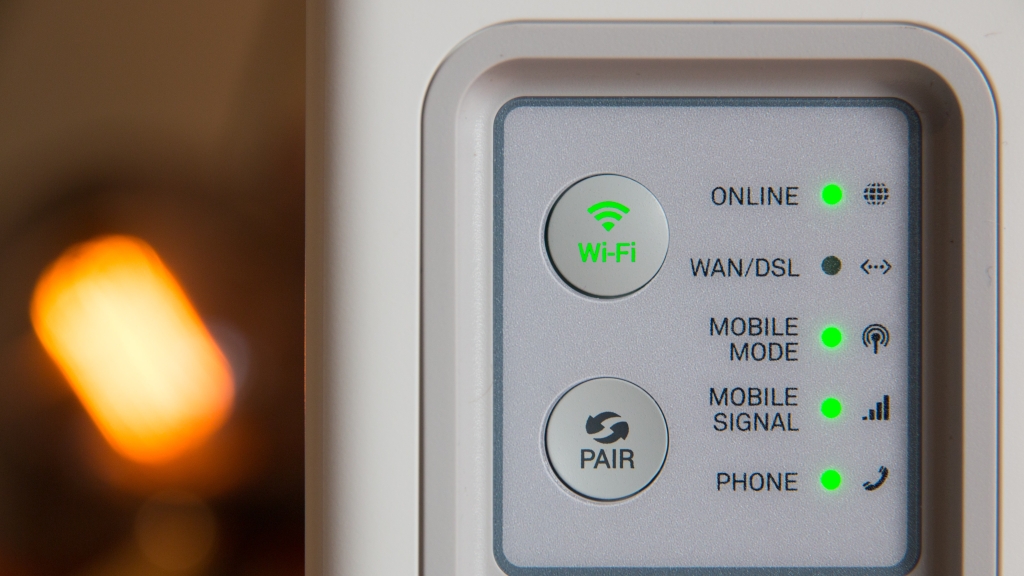Thanks to a recent institutional subscription to IEEE DataPort, an online repository for technology related data, Dartmouth researchers have gained access to over 3,800 datasets hosted on the platform. They can also upload and share their own research datasets with the global technical community through this service.
Additionally, IEEE DataPort will now host Dartmouth's wireless data archive, the Community Resource for Archiving Wireless Data at Dartmouth (CRAWDAD). In 2004, Professor David Kotz '86 along with Tristan Henderson, a postdoctoral researcher at Dartmouth at the time and now a senior lecturer in computer science at the University of St Andrews, established CRAWDAD. The researchers' goal was to make wireless networking data more accessible to the research community.
Real-world data about how people, apps, and devices use wireless networks and smartphones are invaluable to researchers focused on wireless and mobile computing. At the turn of the century, real world data was both expensive and challenging to produce. For almost two decades now, CRAWDAD has remained one of the most popular resources for wireless and mobile networking data.
Ranging from mobility traces of taxis outfitted with GPS in Rome to indoor radiant energy measurements, these datasets have been cited in thousands of research publications. CRAWDAD currently hosts 135 datasets, 22 tools for data analysis and is accessed by more than 8,500 users from 139 countries. The migration to IEEE DataPort will serve to increase the visibility of this valuable resource.
If you are a researcher interested in uploading your wireless networking datasets to the CRAWDAD collection, now hosted on IEEE DataPort, you can find instructions on how to do so on IEEE DataPort's CRAWDAD FAQ page. If you are a Dartmouth-affiliated researcher who is interested in learning more about Dartmouth's subscription to IEEE DataPort and how it can support your research, reach out to the Dartmouth Libraries.
